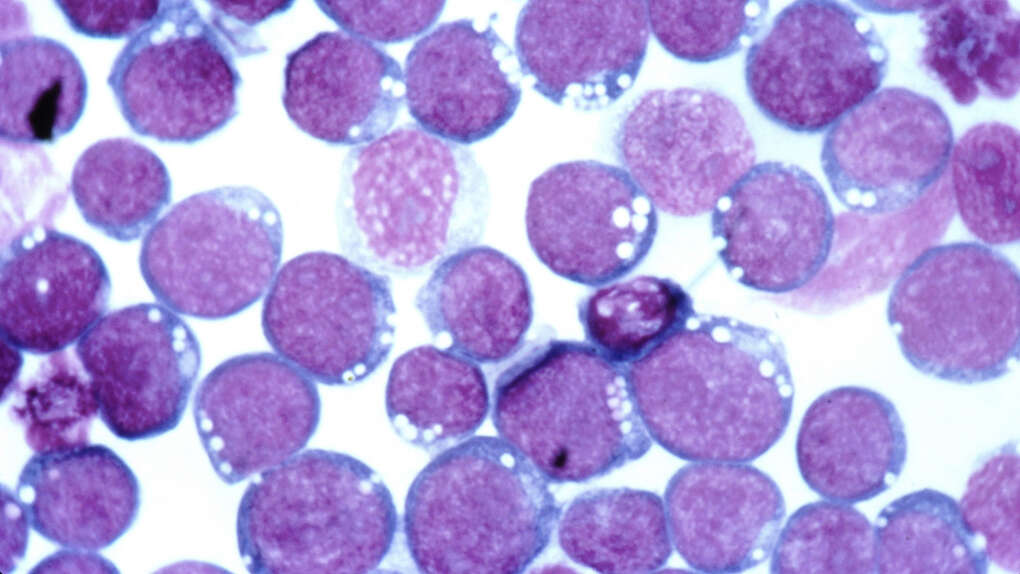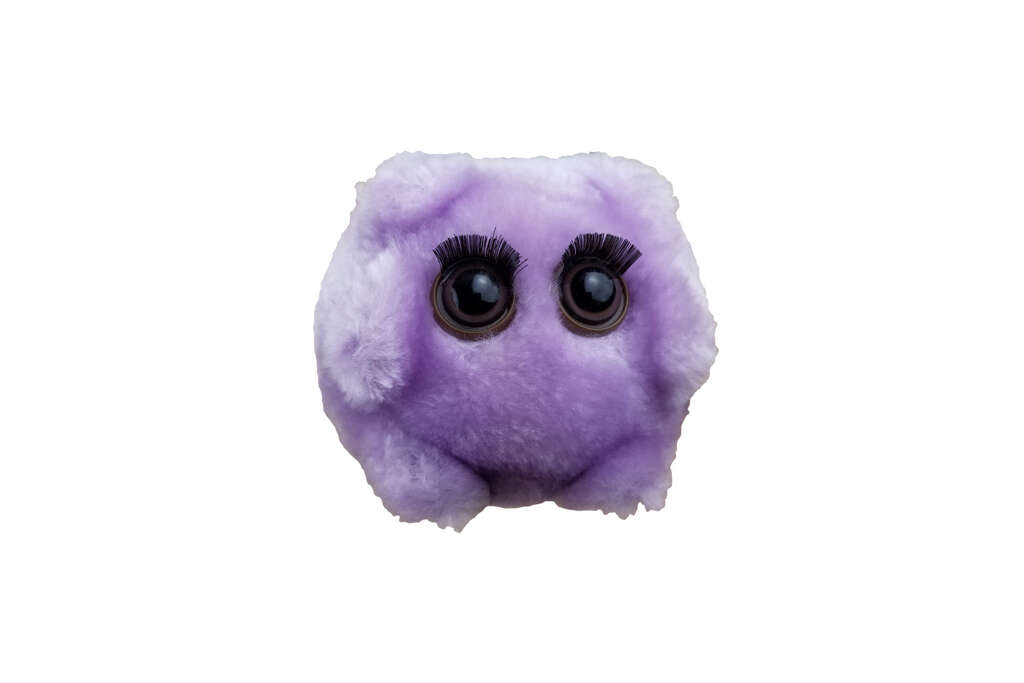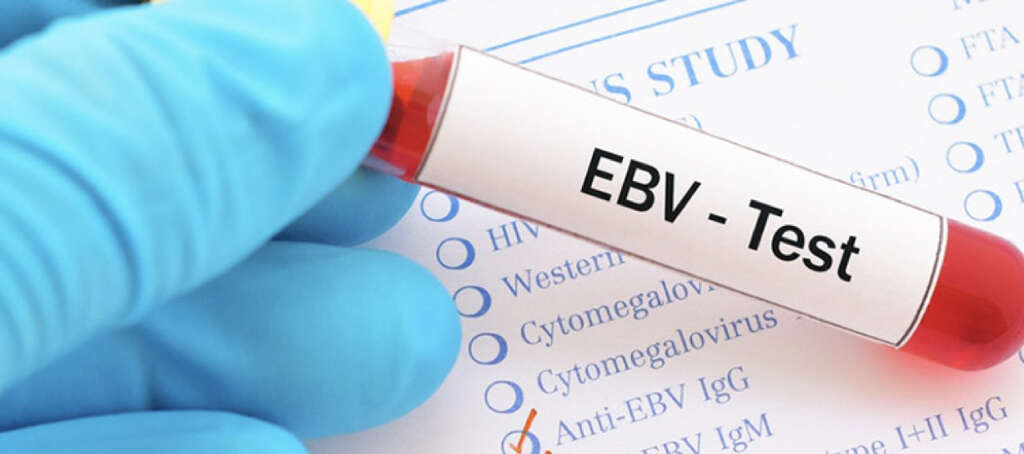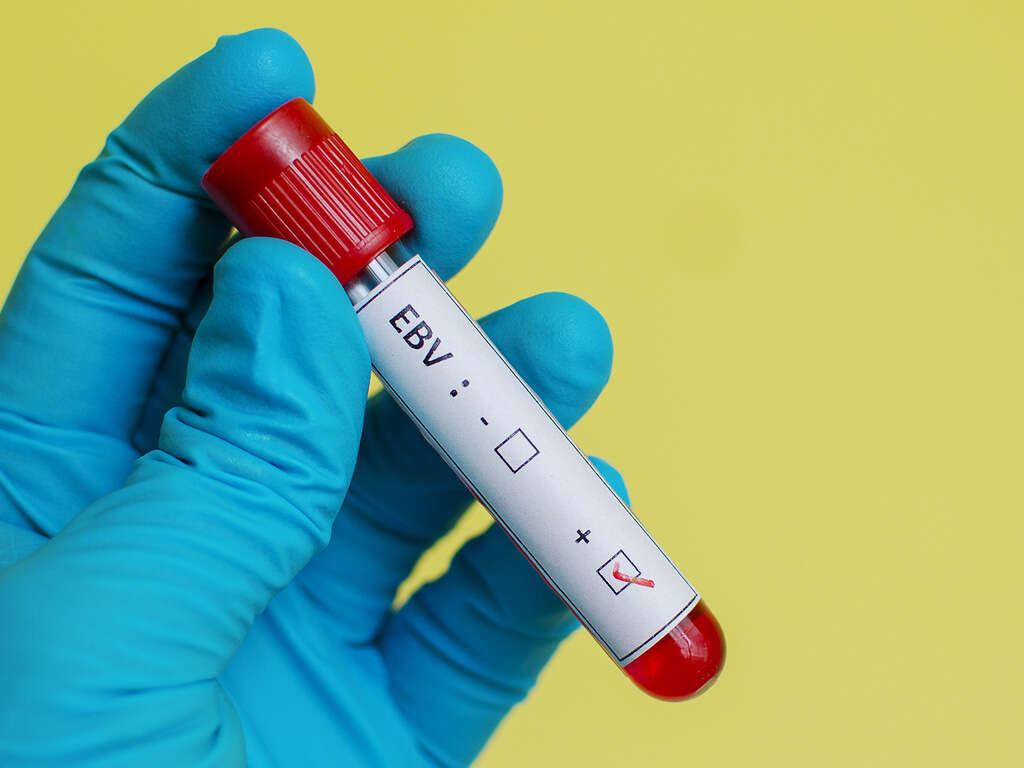Can You Get Mono Twice?
Even in these days of modern medicine, there are still some diseases that we are struggling to fight against. People of all ages can get ill, including the healthiest, but diseases don’t have the same impact as they did just a few generations ago. However, one illness that is quite common nowadays is mono.
It can be uncomfortable but is not usually something to panic about. It is known by a handful of names and there is a very good chance that you have had it yourself. Here’s where we answer whether or not you can get it twice, and we provide some additional relevant information.

1. What is Mono?
Mono is the abbreviated name for a mononucleosis infection and is also known as glandular fever, or the kissing disease. The reason for the latter name is that infections are transmitted through saliva. In addition to kissing, the infection can be caught by sharing drinking vessels and cutlery, and also through other people sneezing. The symptoms of mono are usually quite mild and the condition is rarely something to be concerned about. It is also quite common for the condition to not be diagnosed. Symptoms that are associated with mono include fever, fatigue, headache, sore throat, swollen tonsils, swollen lymph nodes, and a swollen spleen.

2. Epstein-Barr Virus (EBV)
Mono is caused by the Epstein-Barr virus. It was named after the scientists that discovered the virus: Michael Anthony Epstein and Yvonne Barr. Diagnosing an infection from the virus can be very difficult because its symptoms are so similar to many other conditions. The virus is actually very widespread and a majority of people have been infected with it.
Many will catch the virus during their childhood as children tend to stay physically close to each other. There is as yet no vaccine to protect against the virus, but its mild effects on the body mean it is not a high-priority case.

3. Cytomegalovirus
While most cases of mono are caused by the Epstein-Barr virus, some instances are also caused by the human cytomegalovirus. Both viruses are a variety of herpes. The cytomegalovirus is spread by the exchange of bodily fluids, just like the Epstein-Barr virus is. In most cases, the patient will not experience symptoms and will be unaware that they have the virus.
It is even estimated that around 90% of the population has been infected with the human cytomegalovirus. In the rare instances that symptoms do arise, however, it can be very dangerous for the patient, especially for people that have weak immune systems.

4. Rarely a Danger
As mentioned, the Epstein-Barr virus is very common and most people have contracted it. Thankfully, the symptoms are usually only very mild and not a danger to people that contract it even if the symptoms can be uncomfortable at times.
Unfortunately, however, this is not always the case. In some very rare instances, the condition can develop into chronic active EBV infection. It usually develops in young people of South American or Asian heritage but other people can contract it also. The condition is potentially fatal, although a hematopoietic stem cell transplantation can be effective in saving lives.

5. A Dormant Infection
When we develop an infection, our immune system will usually set about destroying whatever pathogen has caused it. It will usually result in the pathogen being removed from the body altogether, while the immune system will also develop more resistance to any future infections that might occur.
This is not the case with mono, however. When somebody has contracted the virus, it will remain with them for the rest of their lives, only it will usually remain in a dormant state. During this dormant stage, the host will feel no symptoms whatsoever. In some instances, the host will never show any symptoms as a result of the virus.

6. Incubation Period
It is not uncommon for infections to have what is commonly known as an incubation period. This means a period of time when no symptoms are shown despite the patient being infected. There is an incubation period in cases of mono, and this will last anywhere from 4-7 weeks.
Even though the patient may not be showing symptoms, their condition is still contagious. The virus can still be passed onto other people and they too will undergo an incubation period before showing symptoms (if they do show symptoms). It is one reason why the virus is as common as it is.

7. Runs its Course
When we are ill, we will usually be given a selection of drugs to help combat the illness, depending on what is making us sick. There is no treatment for mono, however, except for when it develops into a chronic active EBV infection.
Instead, the only real way to overcome a mono infection is to let it run its course, which will usually be from 2 -4 weeks, although some people will continue to feel fatigued for some time afterward. During this period, the best course of action is to take good care of yourself, stay hydrated, and get plenty of rest.

8. Remaining Contagious
As already mentioned, there is a period of incubation where the patient is contagious despite not showing any symptoms at all. The patient will also remain contagious during the period where the symptoms are present. But what about after the symptoms have passed?
It is not clear on how long the patient will continue to be contagious, and some experts believe it can be as long as 18 months in some cases. Eventually, the virus will become dormant in the patients body, where it will not be contagious and will not cause symptoms. That is, until it is reactivated.

9. Reactivation
The virus will sometimes reactivate in patients, and it can happen more than once per patient. This is not usually a problem, however, and the patient will not usually experience any symptoms even when it has reactivated. In most cases, they will have no way of knowing it has reactivated, although they will become contagious again.
Without symptoms, the only way to tell that the virus has reactivated is through testing the saliva, where it will be present. We are not likely to have our saliva tested often, however, meaning that the reactivation goes completely unnoticed in the vast majority of cases.

10. Weakened Immune System
Our immune system is not perfect, but it is at least reasonably effective at helping to keep us safe. A strong immune system will decrease the likeliness of falling ill, and it will also decrease the likeliness that infections like mono can reappear.
Thus, people that do not have a strong immune system are more likely to find that mono will be reactivated, and that they are also more likely to experience symptoms. Those who are most at risk of the virus reactivating are those with AIDS or HIV, pregnant women, and people who have recently had surgery such as an organ transplant.









